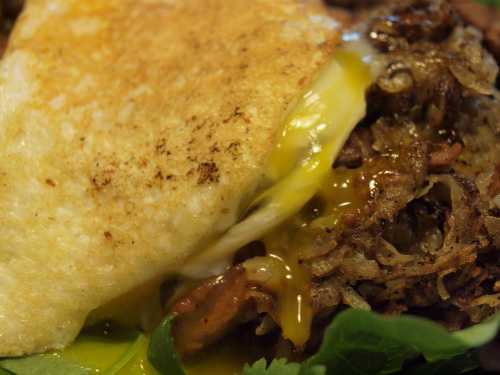by Andrew Luzmore, Cornell University
It is a central irony in high-end restaurants that those who prepare the food often never taste the fruits of their labor. With the exception of those involved in conceptualizing and creating the menu, the majority of the work force, consisting mainly those of Latin American, West African or Southeast Asian extraction, rarely have the means to dine at the restaurants in which they devote their lives. Instead, daily sustenance in the restaurant in which I spent my summer was taken from the quotidian tradition of the family meal: a meal made by a single cook on a rotational basis for the entire staff using whatever is lying around, and more importantly, cheap. Although considered a necessary evil by some because of the rushed and sometimes careless fashion in which it is put together, for most the family meal serves as a mechanism to share in the culinary traditions of others and a much-needed outlet to unwind after a long shift. Continue reading


